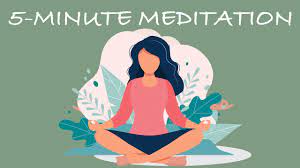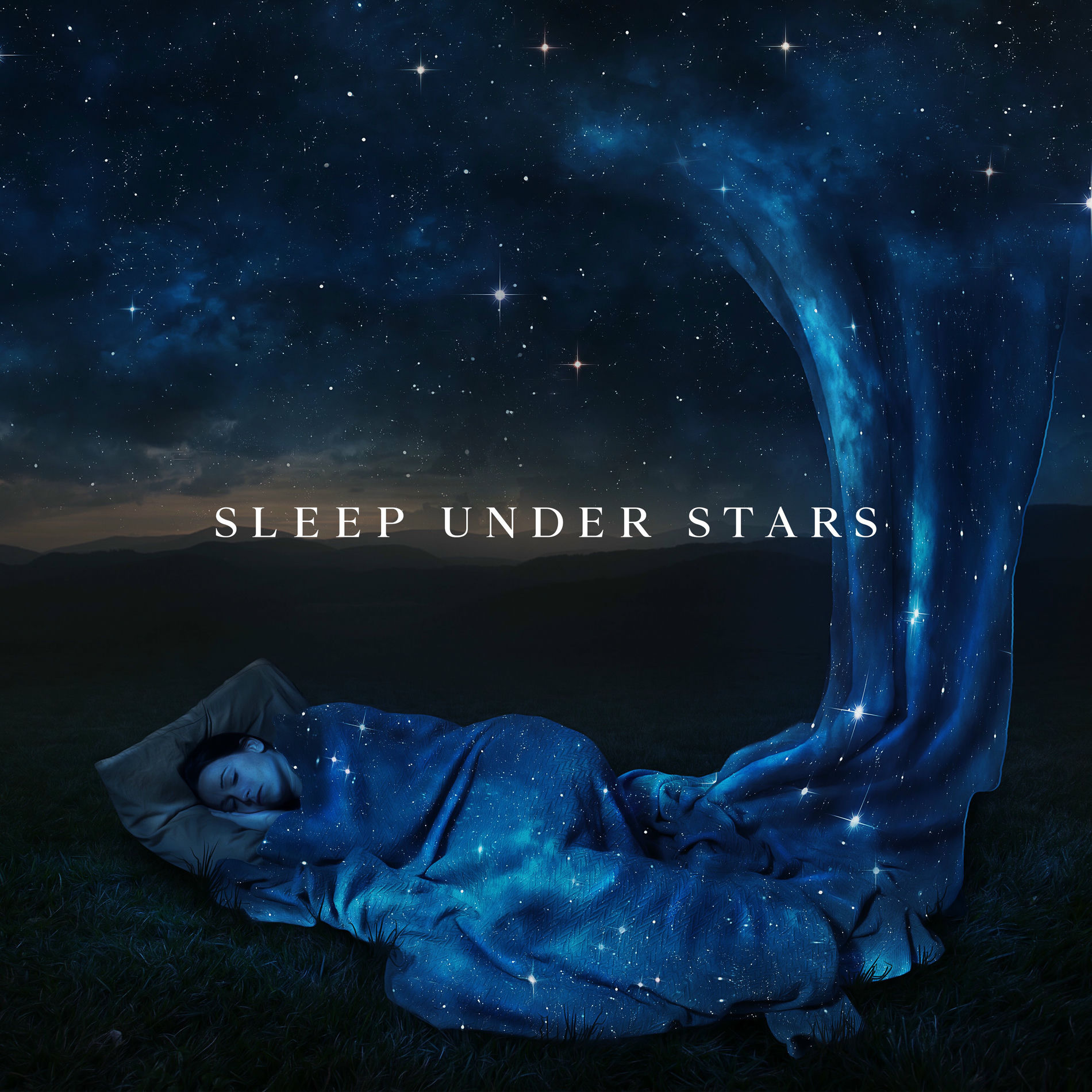Sleep Music: The Key to Soothing Relaxation
In today’s fast-paced world, finding relaxation and peace can be a challenge. Our minds are constantly bombarded with stimuli from work, technology, and the demands of daily life. Amidst this chaos, one essential aspect of our well-being often gets neglected – sleep.
Quality sleep is crucial for our physical and mental health. It allows our bodies to rejuvenate, repair, and recharge for the next day. However, many people struggle with falling asleep or staying asleep throughout the night. This is where sleep music comes into play as a powerful tool for soothing relaxation.
Sleep music refers to a genre of music specifically designed to promote relaxation and induce sleep. It typically involves gentle melodies, soft instrumentals, and calming sounds that help create an atmosphere conducive to unwinding and letting go of stress.
One of the primary benefits of sleep music is its ability to calm the mind by slowing down brainwave activity. As we listen to soothing melodies, our brainwaves naturally synchronize with the rhythm of the music, promoting a state of tranquility and deep relaxation.
Moreover, sleep music helps divert our attention away from racing thoughts or external distractions that may hinder us from falling asleep. By focusing on the soothing sounds instead, we can create a mental space that encourages peace and tranquility.
Another advantage of sleep music is its ability to regulate breathing patterns. Slow and steady breathing promotes relaxation by activating the body’s parasympathetic nervous system – responsible for restful states. The melodic nature of sleep music often aligns with these slow breaths, providing a harmonious rhythm that guides us into a peaceful slumber.
Additionally, sleep music has been found to reduce levels of stress hormones such as cortisol in our bodies. When we listen to calming melodies before bed or during periods of restlessness at night, it triggers a relaxation response that counteracts the effects of stress on our minds and bodies. This, in turn, promotes a more restful and rejuvenating sleep experience.
Creating a sleep routine that incorporates sleep music can be highly beneficial. By establishing a consistent bedtime ritual that includes listening to soothing melodies, our bodies become conditioned to associate the music with relaxation and sleep. Over time, this conditioning helps signal to our brains that it’s time to wind down, making it easier to fall asleep and stay asleep throughout the night.
In conclusion, sleep music offers a powerful solution for those seeking soothing relaxation and improved sleep quality. Its ability to calm the mind, regulate breathing patterns, reduce stress hormones, and establish a bedtime routine makes it an invaluable tool in achieving restful nights.
So the next time you find yourself struggling to unwind or experiencing difficulty falling asleep, consider incorporating sleep music into your routine. Allow its gentle melodies to guide you into a state of tranquility and experience the profound benefits of soothing relaxation for a better night’s rest.
Frequently Asked Questions About Sleep Music Soothing Relaxation
- Is it good to listen to music while you sleep?
- Does sleep music help anxiety?
- What is the best music to help fall asleep?
- What is the number 1 sleep song?
Is it good to listen to music while you sleep?
Listening to music while you sleep can have both positive and negative effects, depending on various factors. Here are some considerations to keep in mind:
Relaxation and Sleep Quality: Music can create a soothing and calming environment, promoting relaxation and helping you fall asleep faster. Soft, gentle melodies can help slow down your heart rate and induce a state of tranquility. This can be particularly beneficial for individuals who struggle with anxiety or racing thoughts that interfere with sleep.
Masking External Noises: If you live in a noisy environment or have trouble ignoring background sounds, listening to music can help mask those distractions. By providing a consistent and pleasant sound, it can drown out disruptive noises and create a more conducive sleep environment.
Personal Preference: Some people find comfort in falling asleep with music playing, as it becomes part of their bedtime routine or helps them feel more secure. It may serve as a familiar cue that signals the body and mind to relax.
However, there are also potential drawbacks to consider:
Sleep Disruption: For some individuals, listening to music while sleeping may disrupt their sleep patterns. If the volume is too loud or the music has sudden changes in tempo or intensity, it can trigger awakenings or lighter stages of sleep.
Dependency: If you become reliant on music to fall asleep, it may become challenging to do so without it. This dependency might limit your ability to sleep in environments where playing music is not feasible or desirable.
Content Selection: The type of music you choose matters as well. Opt for soothing instrumental tracks or ambient sounds rather than energetic or emotionally stimulating genres that might keep you awake or evoke strong emotions.
To determine if listening to music while sleeping is beneficial for you personally, consider experimenting with different approaches:
– Start by selecting calm and relaxing tracks without lyrics.
– Adjust the volume level so that it’s soft enough not to disturb your sleep.
– Pay attention to how you feel upon waking up. If you feel refreshed and well-rested, it suggests that the music is helping you sleep better. If you feel groggy or restless, it may be worth reconsidering this practice.
Ultimately, everyone’s sleep preferences and sensitivities are unique. It’s essential to listen to your body and experiment to find what works best for you in terms of promoting a restful night’s sleep.
Does sleep music help anxiety?
Yes, sleep music can be an effective tool for managing anxiety. Anxiety often interferes with our ability to relax and fall asleep, leading to restless nights and increased stress levels. Sleep music can help alleviate anxiety by creating a calming environment that promotes relaxation and reduces the racing thoughts that often accompany anxiety.
When we listen to soothing melodies, our brains naturally respond by slowing down brainwave activity, which helps induce a state of tranquility. This shift in brainwave patterns can help counteract the anxious thoughts and overactive mind that often keep us awake at night.
Additionally, sleep music provides a distraction from anxious thoughts and external stimuli that may contribute to heightened anxiety levels. By focusing on the gentle sounds of the music, we redirect our attention away from worrisome thoughts and create a mental space conducive to relaxation.
The rhythmic nature of sleep music also aids in regulating breathing patterns. Slow and steady breathing has been shown to activate the body’s relaxation response, reducing feelings of anxiety and promoting a sense of calmness. As sleep music aligns with these slow breaths, it helps synchronize our breathing with its rhythm, further enhancing relaxation.
Furthermore, sleep music has the ability to reduce stress hormones such as cortisol in our bodies. Anxiety triggers the release of stress hormones, which can disrupt sleep patterns and exacerbate feelings of restlessness. By listening to calming melodies before bed or during moments of heightened anxiety, we activate the body’s relaxation response and counteract the effects of stress hormones.
It is important to note that while sleep music can be beneficial for managing anxiety, it may not be a standalone solution for severe or chronic anxiety disorders. If you are experiencing persistent anxiety that significantly impacts your daily life or quality of sleep, it is recommended to seek professional help from a healthcare provider or therapist who specializes in anxiety management.
In summary, sleep music can be an effective tool for reducing anxiety and promoting relaxation before bedtime. Its ability to slow down brainwave activity, provide a distraction from anxious thoughts, regulate breathing patterns, and reduce stress hormones makes it a valuable resource for managing anxiety and improving sleep quality.
What is the best music to help fall asleep?
When it comes to choosing the best music to help fall asleep, it ultimately depends on personal preference. However, there are a few key characteristics that can contribute to a more relaxing and sleep-inducing musical experience:
- Instrumental or Ambient Music: Music without lyrics tends to be less distracting, allowing your mind to focus on relaxation rather than deciphering words. Instrumental music or ambient soundscapes often provide a soothing backdrop for sleep.
- Slow Tempo: Choosing music with a slow tempo can help slow down your heart rate and induce a sense of calmness. Look for tracks with gentle rhythms and melodies that promote relaxation.
- Nature Sounds: Incorporating nature sounds, such as rain, ocean waves, or gentle forest sounds, can create a peaceful atmosphere conducive to sleep. These natural sounds have a calming effect and can mask background noise or disturbances.
- Minimal Dynamic Range: Opt for music with minimal variations in volume or dynamic range. Sudden loud or intense moments in the music can disrupt your sleep, so selecting tracks with consistent and soft dynamics is ideal.
- Soft Instrumentation: Consider music with soft instrumentation like piano, flute, strings, or light synthesizers. These gentle sounds can create a serene ambiance that promotes relaxation.
- Binaural Beats: Binaural beats involve playing two slightly different frequencies in each ear, which can influence brainwave patterns and induce relaxation. Some people find this type of music helpful for falling asleep more easily.
Remember that everyone’s preferences may vary, so it’s important to experiment and find what works best for you personally. There are numerous playlists and curated sleep music albums available on streaming platforms that cater specifically to promoting relaxation and aiding in sleep induction. Explore different genres like classical, ambient, instrumental, or even specific sub-genres like “sleep” or “relaxation” music until you find the style that resonates with you the most.
What is the number 1 sleep song?
Determining the number one sleep song can be subjective as different individuals have varying preferences and responses to music. However, one song that is often mentioned and recommended for promoting sleep and relaxation is “Weightless” by Marconi Union. This ambient track was specifically created in collaboration with sound therapists to induce a state of calmness and has been found to reduce anxiety levels. It incorporates soothing melodies, gentle rhythms, and carefully crafted harmonies that can help create a peaceful atmosphere conducive to sleep. Ultimately, the effectiveness of any sleep song may vary from person to person, so it’s essential to explore different options and find the music that works best for your personal relaxation needs.



